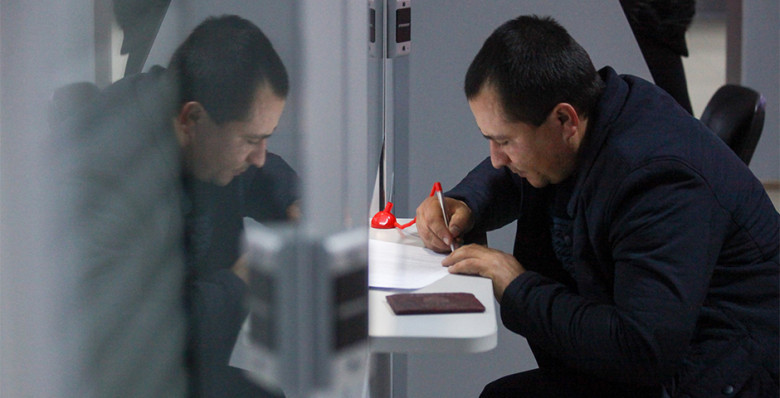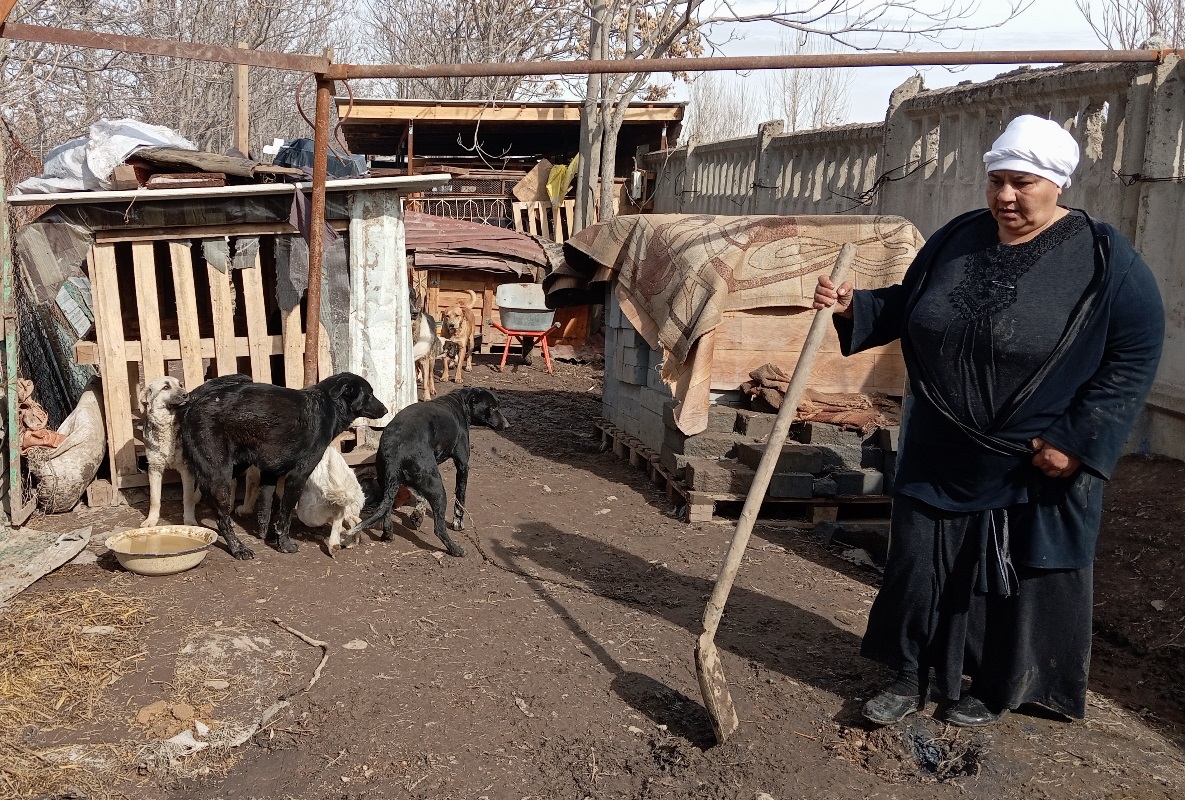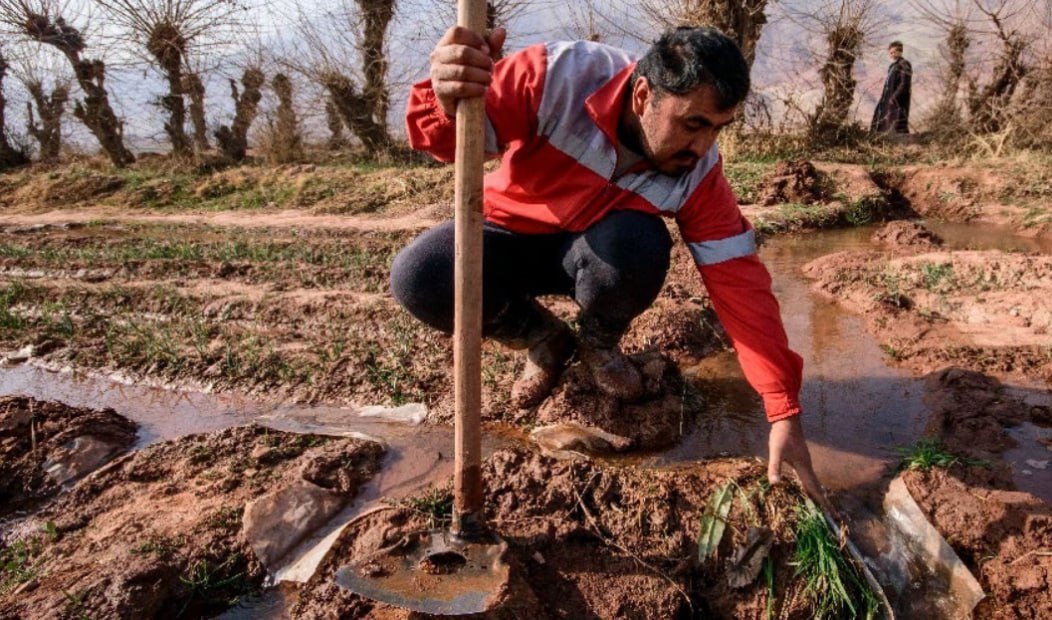Правительственная комиссия по законопроектной деятельности одобрила инициативу, предусматривающую отказ в предоставлении российского гражданства, разрешения на временное проживание (РВП) и вида на жительство (ВНЖ) иностранцам, имеющим неснятую или непогашенную судимость. Об этом сообщает ТАСС со ссылкой на материалы заседания комиссии.
Согласно законопроекту, предлагается внести изменения в закон «О гражданстве РФ».
Наличие неснятой или непогашенной судимости за преступления, совершенные как на территории России, так и за ее пределами, вне зависимости от формы вины, станет основанием для отказа в приеме в гражданство и в выдаче РВП и ВНЖ.
В материалах комиссии подчеркивается, что новые основания для аннулирования не будут распространяться на документы, выданные до вступления закона в силу.
Правкомиссия также одобрила отдельный законопроект, обязывающий иностранных граждан предоставлять справку о судимости при подаче документов в миграционные подразделения МВД.
Иностранный гражданин должен подтвердить, что против него не ведется уголовного преследования за границей или в России.
Речь идет о справке, выданной компетентным органом иностранного государства не ранее чем за три месяца до подачи заявления на получение РВП, ВНЖ или гражданства России.
От обязанности предоставлять такую справку освобождаются дети младше 14 лет.
11 августа в России вступил в силу закон, расширяющий основания для лишения гражданства иностранцев.
В список вошли более 80 оснований, включая убийство, насилие сексуального характера, призывы к терроризму, вмешательство в критическую инфраструктуру, сотрудничество с иностранными государствами, помощь противнику, пропаганда нацистской символики и организация незаконной миграции. Закон не распространяется на граждан РФ в Донбассе, Херсонской, Запорожской областях, а также в Крыму и Севастополе.
Этой зимой читайте нас в Telegram, Facebook, Instagram, OK и ВК





